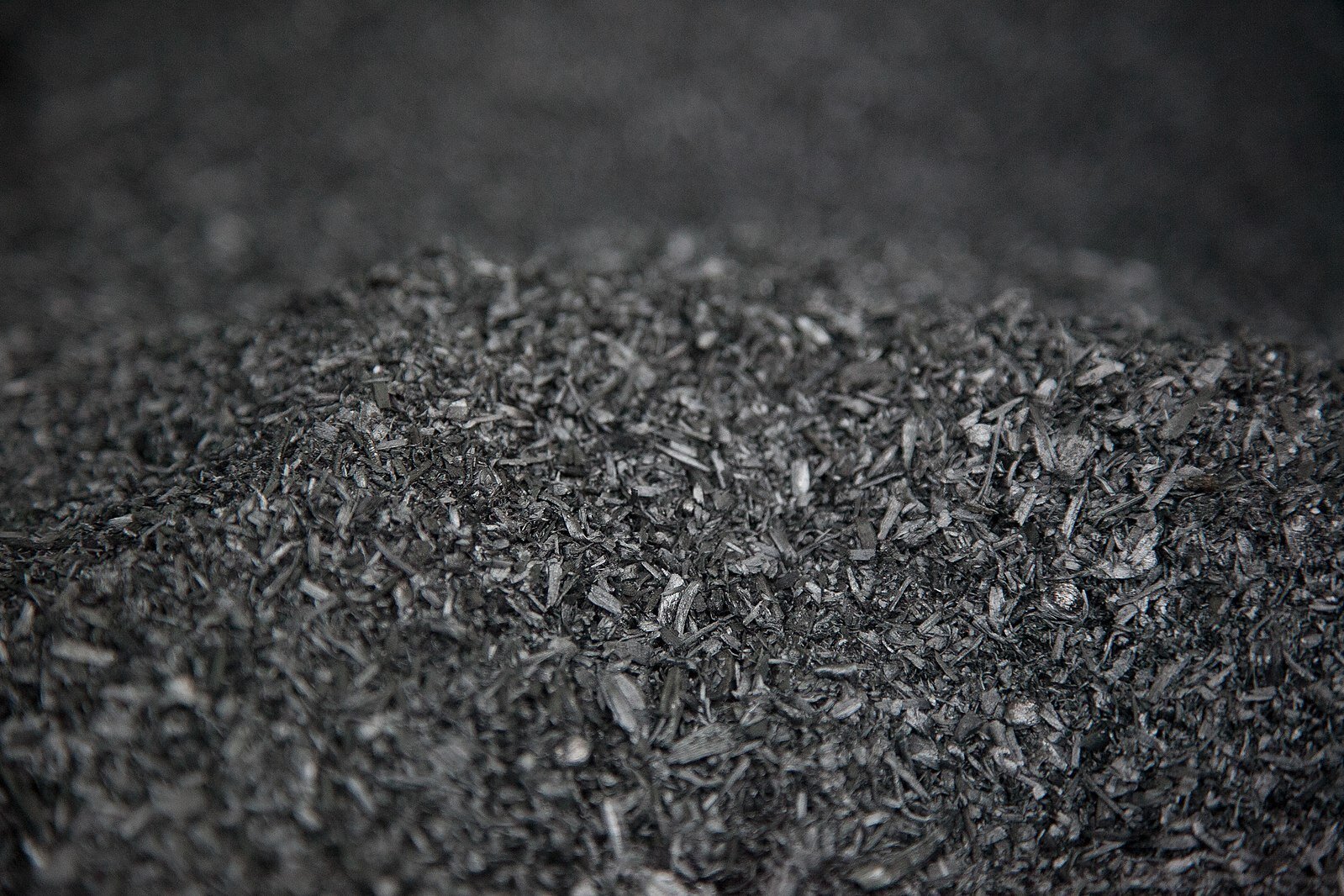Ren’s group recently published an article in Renewable and Sustainable Energy Reviews, where they synthesized global data from nearly 600 studies on biochar to analyze its potential as a climate-smart agricultural practice.
We hope to quantify related water and nutrient footprints and the potential to promote climate resilience."
In Connecticut, biochar could also help turn a form of waste in the form of tree trimmings and other wood waste into this valuable, resilience-building material.
“As I mentioned, CSA practices need to happen at the right time and location and must consider the combination of other natural and human factors,” Ren says.
The team is connecting with local biochar producers and planning to keep the production local, considering the need to save energy for transportation.
Well, this is long know… the problem is to get farmers to actually use it.
There is also a supply side problem, but maybe if farmers could get some sort of carbon credit or tax break for storing carbon in the soil that would help?
Emerging is a funny word about this topic. I guess it gets clicks.
Since biochar doesn’t enhance growth like a new fertiliser does, then subsidising/forcing uptake of carbon practices (with biochar as one of them) is the only way to get it in the ground.
Who knows. Manufacturers needs subsidising at this point and then biomass streams sorted. Who cares if they make too much, it’s not going anywhere.



